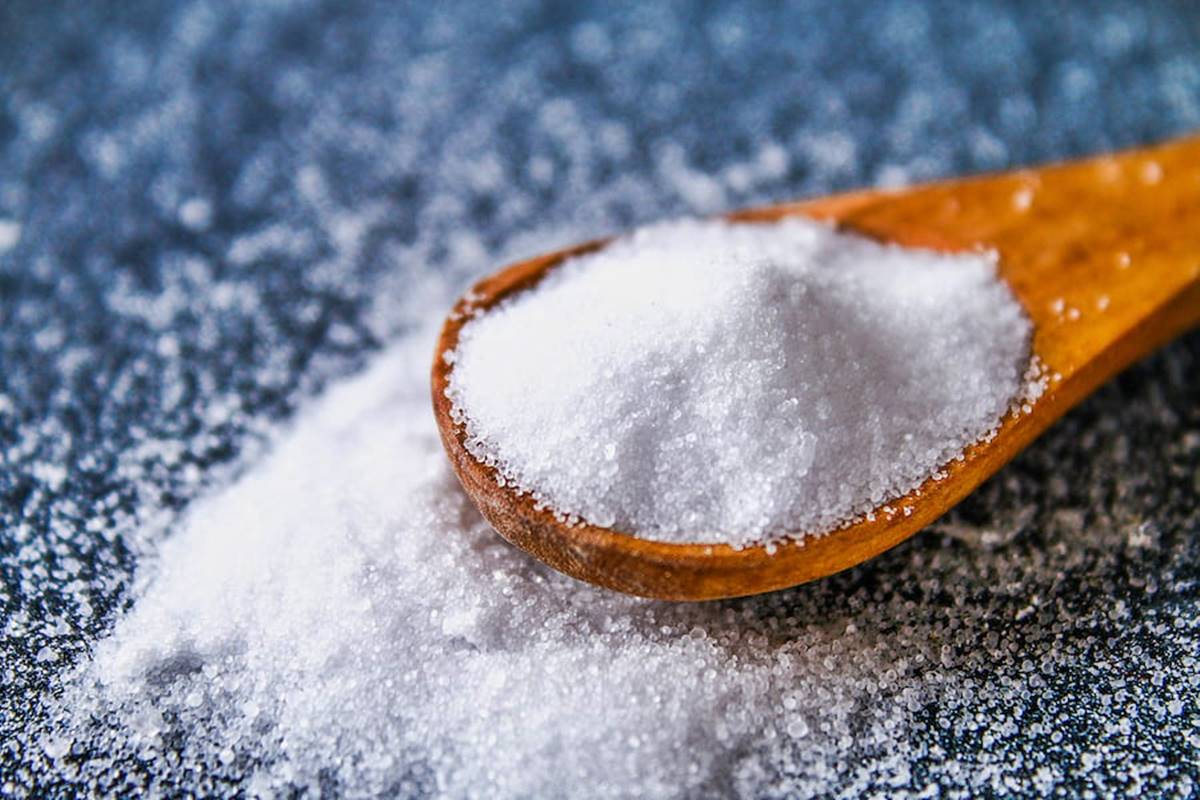Kejriwal more concerned about Delhi’its than his health: Atishi
The Delhi minister met the jailed chief minister along with his Wife Sunita in Tihar jail.
Discover signs of excessive salt intake, from bloating to persistent thirst, and learn expert tips for managing sodium levels effectively.

Image Source: Instagram
From sprinkling salt on everything, including desserts (experts claim a pinch of salt enhances their flavors), to its ubiquitous presence in our diets, salt plays a crucial role in our culinary habits. Serving as a flavor enhancer for bland dishes, salt intake is essential for maintaining electrolyte balance, facilitating nerve impulse transmission, regulating blood pressure, and more. However, excessive sodium consumption can occur inadvertently, leading to various health concerns.
Do you find yourself habitually reaching for the salt shaker, whether it’s for salads, omelets, or fish curry? This could be a sign of overindulging in salt. Excessive salt intake has been linked to coronary issues, elevated blood pressure, and other health complications. Experts recommend limiting daily sodium intake to below 2,300 mg to maintain optimal health. Here are some indicators that suggest your salt intake might be on the higher side:
Experiencing abdominal tightness or bloating can be indicative of excessive salt consumption, as salt promotes water retention, leading to fluid accumulation and abdominal swelling. While bloating may signal other underlying health issues, it’s essential to remain vigilant.
Advertisement
High salt intake can elevate blood pressure, triggering headaches. Additionally, salt-induced dehydration can exacerbate headache symptoms. Staying adequately hydrated can help flush out excess sodium from the body.
Noticeable swelling or puffiness in the face, hands, legs, and feet may signify elevated salt intake, as salt contributes to fluid retention throughout the body.
Intense thirst, particularly after consuming salty or fried foods like Chinese cuisine, is often attributed to high salt content. Excessive salt intake leads to water retention, resulting in dehydration and persistent thirst. While increasing fluid intake can alleviate symptoms temporarily, consulting a healthcare professional is advisable if thirst becomes a persistent issue.
Increased thirst and frequent urination often go hand in hand with high intake. As the body attempts to rid itself of excess sodium, it prompts more frequent trips to the bathroom. If you find yourself constantly thirsty and making frequent bathroom visits, it may be worth reassessing your salt intake.
To manage salt intake effectively, opt for fresh produce over salt-preserved alternatives, reduce discretionary salt usage, and prioritize reading ingredient labels to gauge salt content in purchased products.
Also Read: Sunflower seeds shine bright with health benefits
Advertisement